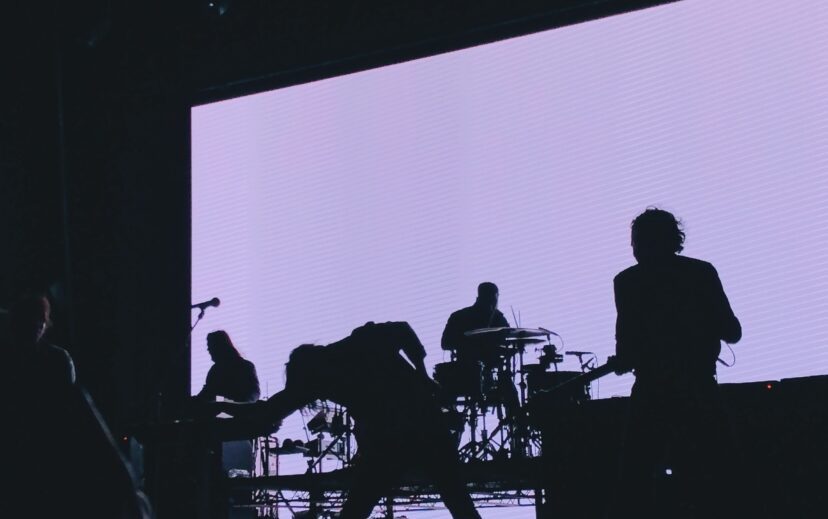How can performers and venues hosting live cover music make sure they’re protected against copyright infringement?
The short answer? Most venues pay for public performance licenses from ASCAP, BMI, SESAC and/or GMR.
Bands performing live music, and the venues that host them, are sometimes unaware of the risks involved with not having the proper legal rights in place for public performance of music.
For every song, there are two copyrights at play: (1) the copyright to a sound recording of that song (also known as the “master” rights) and (2) the copyright to the song’s underlying music and lyrics (also known as the “composition” rights).
Copyright is not a single right – it’s generally known as a “bundle of rights.” One of those rights is the right to perform the copyrighted work publicly. When a live band decides to publicly perform the copyrighted composition of another musician’s work, there are a few matters to keep in mind.
What’s a band to do?
Most of the time, bands don’t need to worry about licenses. It’s an industry standard that the venues acquire what are known as public performance rights through blanket licenses, which allow copyrighted songs, including covers of them, to be played at that location.
Sometimes, venues don’t allow covers to be played. While part of this may be their artistic preference to only have original music be performed, another reason may be that they’d prefer not to pay for a license.
Even if a band is playing all original music, they can benefit from a venue’s blanket license by submitting their own set list to their performing rights organization. By doing so, the band will be paid royalties from the licenses.
Although most performance venues have the appropriate blanket license for live music, musicians (or their managers) should confirm that the venue has the proper license before performing. Claims against a band are rare, but if the venue doesn’t have a license, both the band and the venue could be liable for copyright infringement.
What’s a venue to do?
If a venue wants to add live music to its space, it should acquire what is known as a “blanket license” for public performances from a performing rights organization (also known as a PRO). A blanket license, as its name implies, covers all the music in that PRO’s repertoire – an all-you-can-eat buffet of songs. The three major PROs are:
1) American Society of Composers, Authors and Publishers (ASCAP)
2) Broadcast Music, Inc. (BMI) and
3) SESAC (which, unlike ASCAP and BMI, is a for-profit organization and accepts members by invitation only).
In addition to the three major PROs, there is also Global Music Rights (GMR) which was launched by Irving Azoff in 2013 and works similarly to SESAC. Although GMR does not have a catalog as large as the majors, its catalog includes works by many very prominent artists.
Do I need a license from each PRO?
Licenses from all organizations aren’t always necessary. For example, if the only music your band will be performing was created by songwriters that are only registered with one of the PROs, then you’ll only need a blanket license from that PRO – but that is unlikely. Most U.S. songwriters belong to either BMI or ASCAP. The safe way to ensure protection is for your venue to get a blanket license from all four of the PROs. To see which songwriters are represented by each PRO, check their databases: BMI, ASCAP, SESAC and GMR.
How much does that cost? Can my venue afford it?
Prices vary but are primarily based on the size and capacity of the venue and how often the venue hosts live music. An 80-person café hosting an acoustic artist only on the weekends will not pay the same amount as a 5,000-person theater hosting bands nightly.
For a list of ASCAP Music License Agreements and rate sheets, click here.
For more information on licensing from BMI, click here.
For more information on licensing from SESAC, click here.
For more information on licensing from GMR, click here.
This may seem like a lot to do but taking steps to make sure your band or venue are covered will go a long way. If you have any questions, contact an experienced entertainment attorney today.






